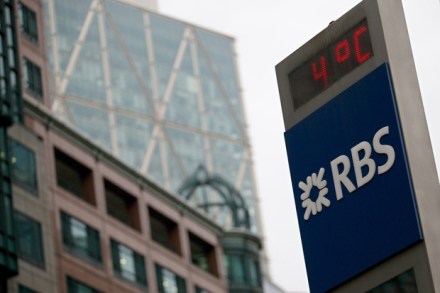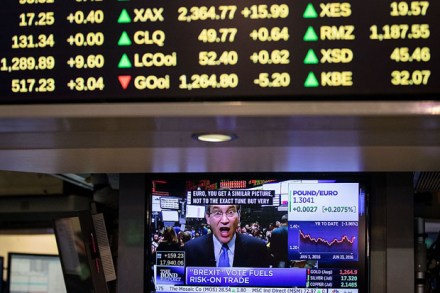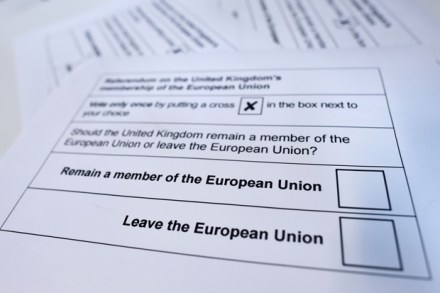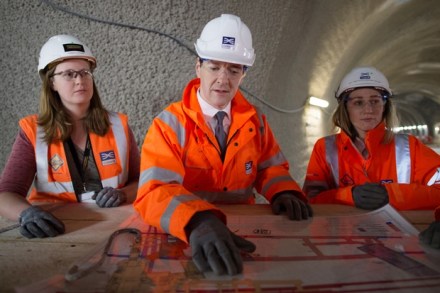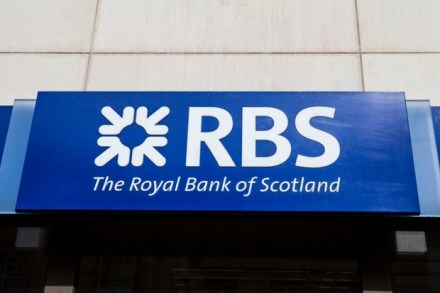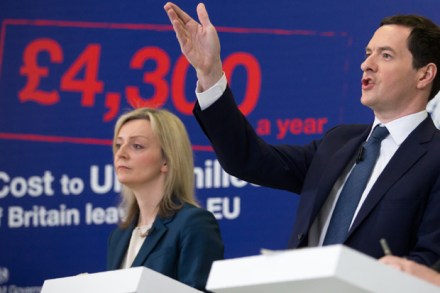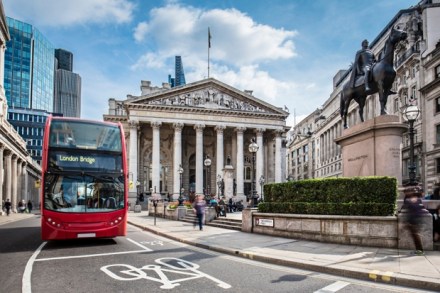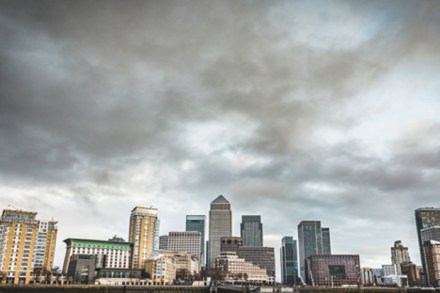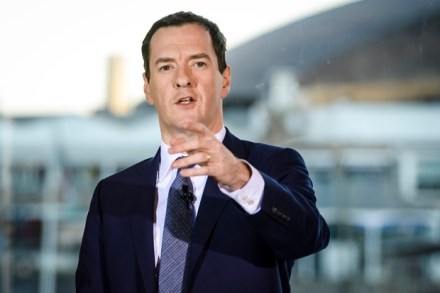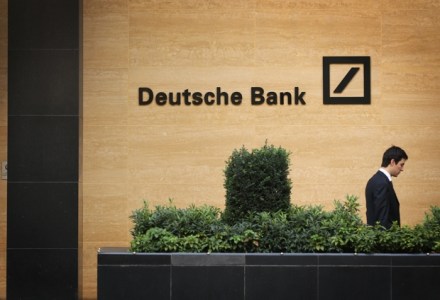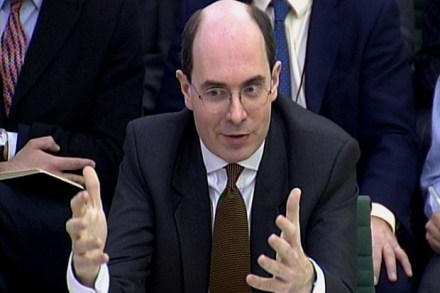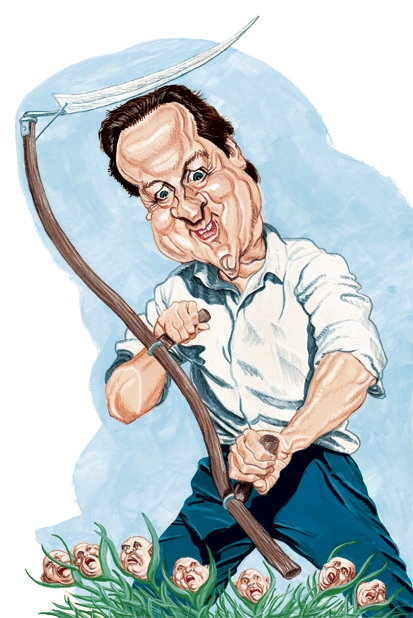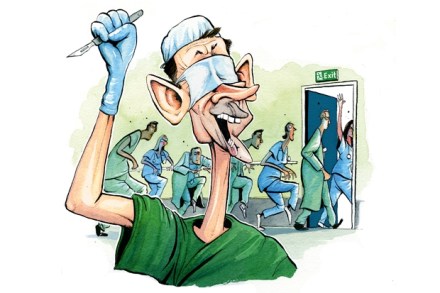Why not use RBS as an experiment in narrowing the top-to-bottom pay gap?
Theresa May sent a strong message to the corporate world when she criticised the ‘irrational, unhealthy and growing gap’ between the pay of top executives and average workers. Yet what should be a vigorous debate on this topic — about the balance between fairness and the right incentives for optimum performance — never quite takes off. More evidence came to hand this week from the ‘independent non-party’ High Pay Centre: it reports that average pay for a FTSE 100 chief executive last year was £5.5 million, up by 10 per cent on 2014 and a third since 2010, and that the ratio between chiefs’ average total pay and that of
